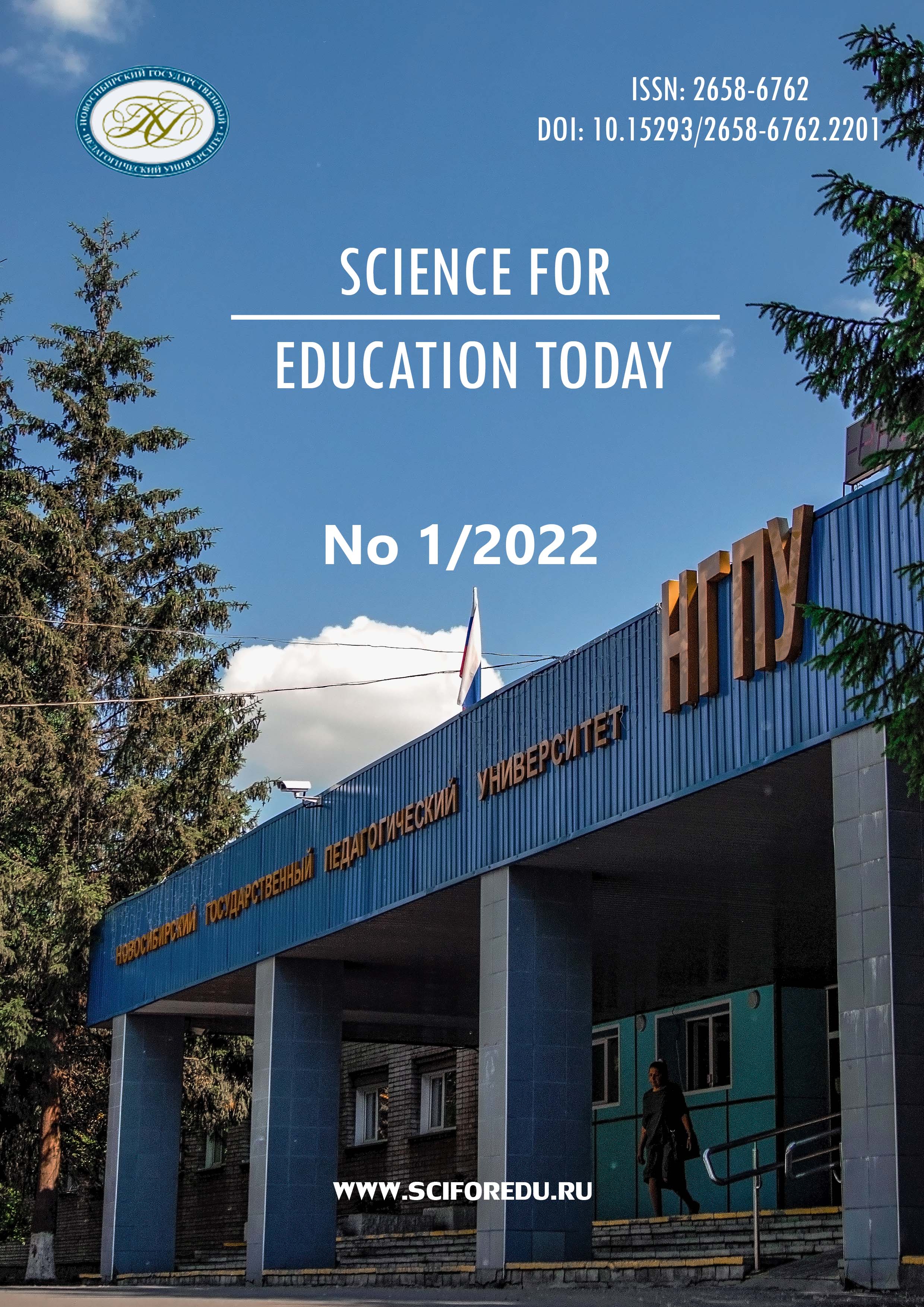Смена неолиберальной концепции образования в эпоху COVID-19 и перспективы постковидного образования
The collapse of neoliberal concept of education in the COVID-19 era and the prospects for post-COVID education
Author(s): Madina Serikbekovna Ashilova, Alibek Serikbekovich Begalinov, Kalimash Kapsamarovna BegalinovaSubject(s): School education, Higher Education , State/Government and Education, Sociology of Education, Pedagogy
Published by: Новосибирский государственный педагогический университет
Keywords: Neoliberalism; COVID-19 pandemic; Higher education; Philosophy of education; Post-secondary education; Well-being of youth;
Summary/Abstract: Introduction. The authors investigate the problem of value changes occurring in the higher education system. The COVID-19 pandemic, which spread around the world in early 2020, has had a serious impact on higher education. It has led to the need to revise the axiological foundations of modern education. The purpose of this article is to analyze the neoliberal concept of higher education in the modern world and identify trends for the future post-COVID education. Materials and Methods. The materials included international research articles published between 2020 and 2021 and devoted to the subject under study, as well as a sociological study conducted in the Republic of Kazakhstan and investigating well-being and value orientations of students during the COVID-19 pandemic. A sample of 1,000 university students from all 14 regions in Kazakhstan was interviewed. The main proportion of students was retained in the sample (by gender, language of instruction, nationality, years of study and degree programmes). The study was conducted using the Google Forms application. The main research methods were content analysis of scholarly literature (more than 40 international sources), as well as analysis based on the results of the sociological survey of students in Kazakhstan. Results. The authors revealed that if at the very beginning researchers paid attention to such negative aspects of the pandemic as poor technical equipment, Internet failures, unpreparedness of academic staff and students for online learning, the growth of student debts due to job loss, etc., then it soon became clear that the pandemic affected not only the external (economic, technical) side of education, but also its very essence. Today, researchers all over the world are critically analyzing the foundations of modern higher education - neoliberal concepts that have dominated in different countries since the late twentieth century and the development of globalization. It is shown that the current global educational crisis has not been caused by the pandemic, but by the unaccounted negative consequences of the deep penetration of neoliberalism ideas into society (market relations, uncontrolled competition, weakening of the role of the state, weak support for social sectors of the economy, etc.). The authors argue that societies with a developed system of neoliberal higher education experience more stress than developing, traditional ones like Kazakhstan, since the basis of education of the former is mainly the market and monetary-market relations, the basis of the latter is moral, intangible values of education. Conclusions. Exploring the prospects of post-secondary education based on international research investigations, the authors have put forward the ideas about the need to abandon neoliberalism in favor of greater humanization, fundamentalization and ecologization of education, strengthening state control and financing. The authors consider this as the only possible form for progressive development of higher education after the pandemic.
Journal: Science for Education Today
- Issue Year: 12/2022
- Issue No: 1
- Page Range: 30-54
- Page Count: 25
- Language: Russian

